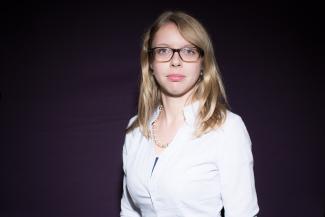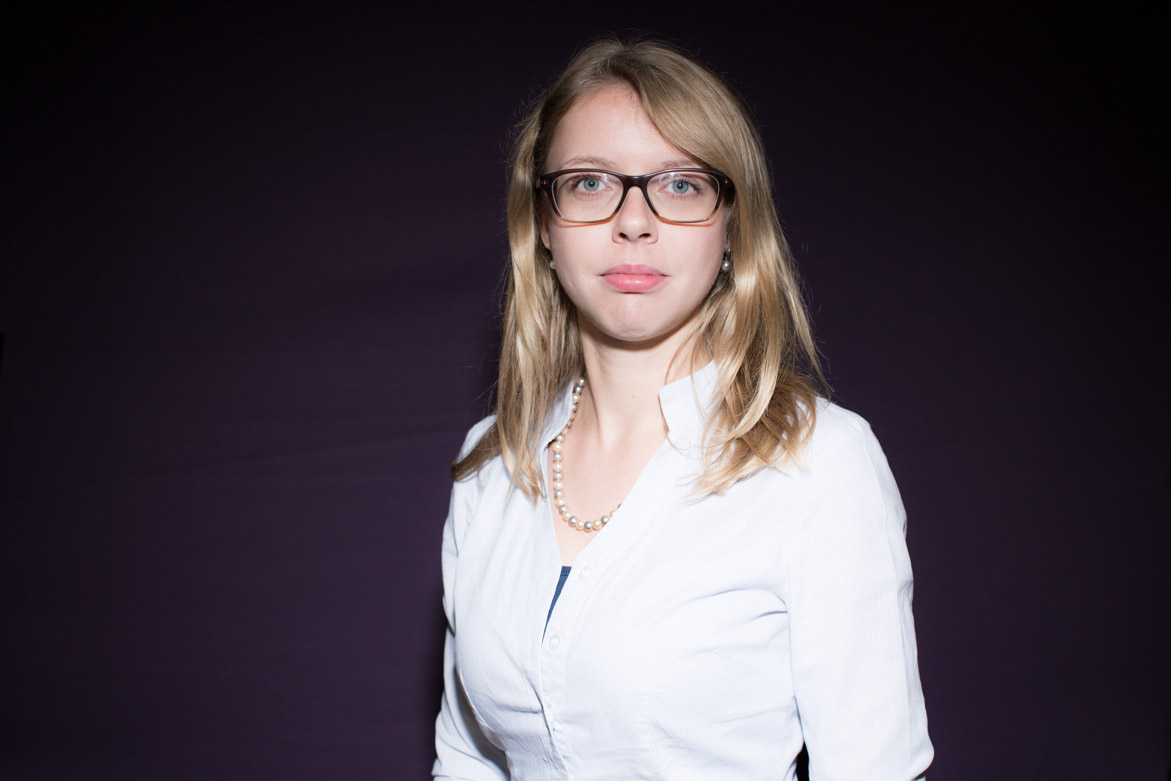The Culture of Remembrance in Tunisia

Coming to terms with the past through the opening of former places of terror
The culture of remembrance can be consolidated only by the creation of publicly accessible places of remembrance. In the same way, it is important to produce a relationship of trust between politics and civil society by transforming former places of terror into places of reconciliation. A welcome step was, for example, the “open house day” at the presidential palace, initiated by Moncef Marzouki.
http://blog.goethe.de/humanities/archives/36-The-Culture-of-Remembrance-in-Tunisia.html
With the project Scholars in Residence, taking the processes of transformation as point of departure, the Goethe-Institut seeks to promote intercultural dialogue in the area of academic research and to strengthen scientific relations between Germany and the Arabic world on a long-term basis.
Scholars in Residence is part of the German-Egyptian and German-Tunisian transformation partnership 2012-2013. The project is an initiative by the Goethe-Institut and being carried out in cooperation with the Institute for Advanced Studies in the Humanities (KWI) and the Ruhr University Bochum"s Centre of Mediterranean Studies (ZMS). Funded with special grants provided by the German Federal Foreign Office.

Contenu disponible en :
Régions et thématiques
Utilisation
Comment citer cette publicationPartager
Centres et programmes liés
Découvrez nos autres centres et programmes de rechercheEn savoir plus
Découvrir toutes nos analysesLa fabrique de la politique européenne de l’Allemagne
L’ambition européenne de Friedrich Merz est de faire de l’Allemagne, souvent perçue comme hésitante, un acteur de premier plan de l’Union européenne. À cette fin, le chancelier allemand a annoncé vouloir mettre un terme au « German vote ». Celui-ci incarne le paradoxe d’une Allemagne à la fois indispensable et fréquemment absente dans la décision européenne.

Sécuriser les chaînes de valeur des matières premières critiques (MPC) : une condition préalable à la résilience technologique de l'Europe
Au cœur de la sécurité économique, la résilience technologique est un pilier de la compétitivité de l'Union européenne (UE). Les transitions énergétique et numérique de l'UE dépendent des matières premières critiques (MPC).

Concilier compétitivité et évolution démographique : un impératif franco-allemand
La France et l'Allemagne sont confrontées à des changements démographiques parallèles qui pourraient remodeler l'avenir de leurs économies et de leurs modèles sociaux. Ces changements reflètent des tendances européennes plus larges, mais sont amplifiés par le rôle central que jouent ces deux nations dans la gouvernance et la compétitivité de l'Union européenne.
Imaginaires et réalités de la frontière franco-allemande : un laboratoire pour l’Europe de demain
En Europe, la question des frontières est loin d’être secondaire. Selon le Parlement européen, les régions frontalières couvrent environ 40 % du territoire de l’Union européenne (UE), concentrent 30 % de sa population et produisent près d’un tiers de son produit intérieur brut.












